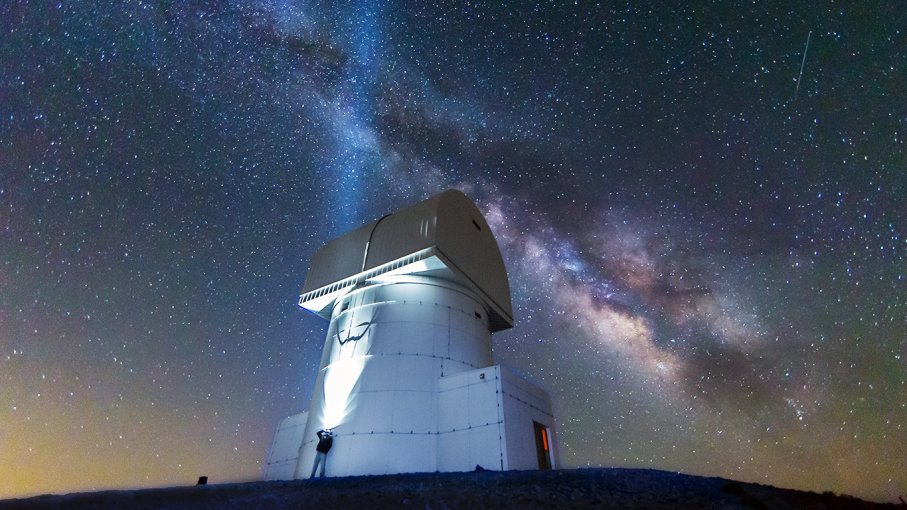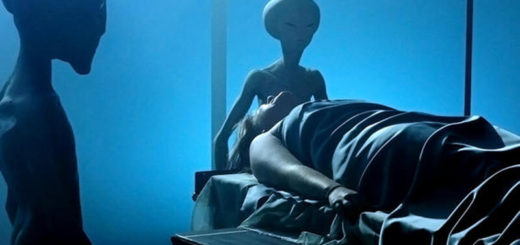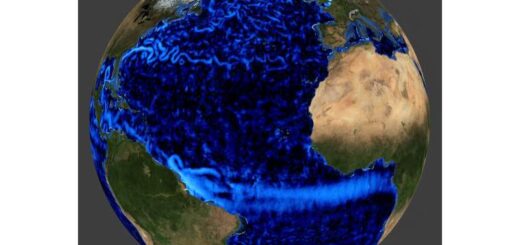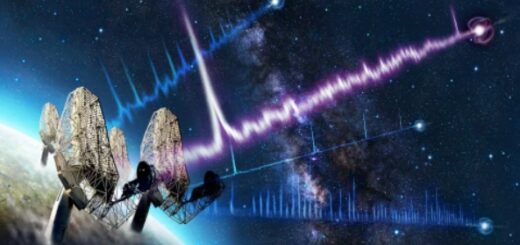The Fermi Paradox: Are We Alone in the Universe?

Could the Milky Way, seen here over the Aristarchos Telescope at the top of Chelmos Mountain in Achaia, Kalavryta, Greece, really be the only galaxy in the universe to sustain life? ALEXANDROS MARAGKOS/GETTY IMAGES
You don’t have to be a rocket scientist to know that the universe is big: It’s 90 billion light years in diameter, and that’s just the part we can see. It’s filled with stars, many of which are “sun-like” in intensity, and quite a lot of theoretically “habitable” planets. So, statistically speaking, how can we possibly be alone in the universe? And if we aren’t alone, then where are all the extraterrestrials?
That was the question Italian physicist Enrico Fermi proposed in 1950 and has since become known as the Fermi Paradox. It was born of pure speculation, and that’s all scientists still have to go on: speculation. That’s because we still know so little about our galaxy — let alone our universe — to base discussions on any definitive facts.
So instead, scientists begin with the most solid formula they have: the Drake equation, which is a mathematical equation to help calculate the odds of finding extraterrestrial life. It basically determines how many sun-like stars exist in our universe, and of those, how many could have an “Earth-like planet” orbiting them. And the sheer size of the universe means that the number of potentially “Earth-like” planets is astronomical: 100 billion — that’s billion with a b — possible worlds.
Given those numbers, the odds do seem good that we would have found signs of intelligent life by now. So why haven’t we? That’s where the speculation comes in. And scientists have many different theories for why. Some physicists abide by the mediocrity principle, a simple supposition that Earth — and humans — are not special; that the laws that govern our biology and evolution are universal, and the fact that we evolved in this way is purely coincidental.
Other theories center on a Great Filter in evolution, which focuses on a “wall” that evolution hits at some point that it cannot transcend. The debate revolves around where in that timeline humans are: Are we the only species to ever surpass the Great Filter? Or does that filter still lie ahead? s
Of course, there are many thinkers who believe there is intelligent life — that aliens are already here, but hidden by the government, or were here, but died out or left. Others believe we are being observed by them, something called the Zoo hypothesis. The scarier view is that some kind of super-predator alien species exists, and doesn’t want to announce oneself. Or is, gulp, possibly picking off higher-intelligence species one by one as they evolve, to eliminate its competition.
But with so little to go on, all we can do is gaze at the stars and wonder at our place among them. Until then, explore the universe in this podcast with Matt Frederick, Ben Bowlin and Noel Brown while they examine The Fermi Paradox: Where the Heck are All the Aliens?



 Creators of mankind
Creators of mankind Description of “Tall white aliens”
Description of “Tall white aliens” Where they came from?
Where they came from? About hostile civilizations
About hostile civilizations The war for the Earth
The war for the Earth “Tall white aliens” about eternal life
“Tall white aliens” about eternal life Video: “Nordic aliens”
Video: “Nordic aliens” Aliens
Aliens Alien encounters
Alien encounters The aliens base
The aliens base UFO
UFO Technology UFO
Technology UFO Underground civilization
Underground civilization Ancient alien artifacts
Ancient alien artifacts Military and UFO
Military and UFO Mysteries and hypotheses
Mysteries and hypotheses Scientific facts
Scientific facts


















